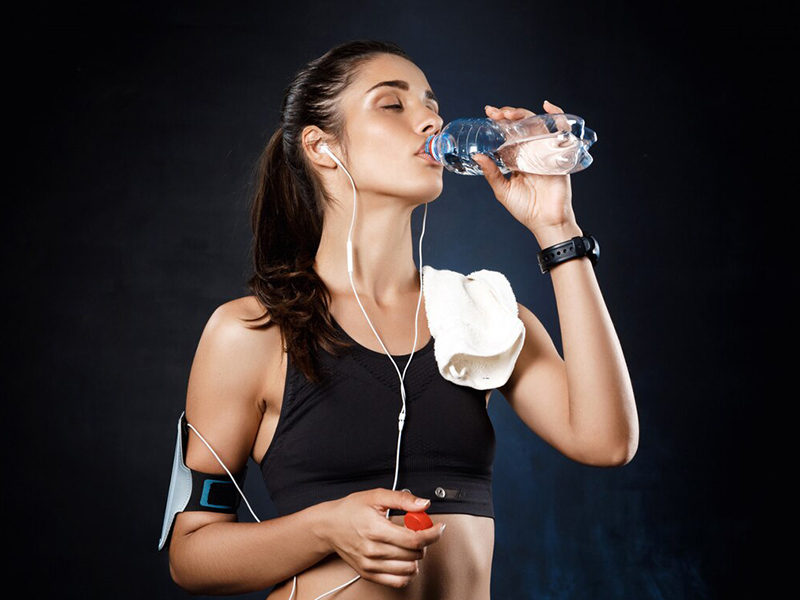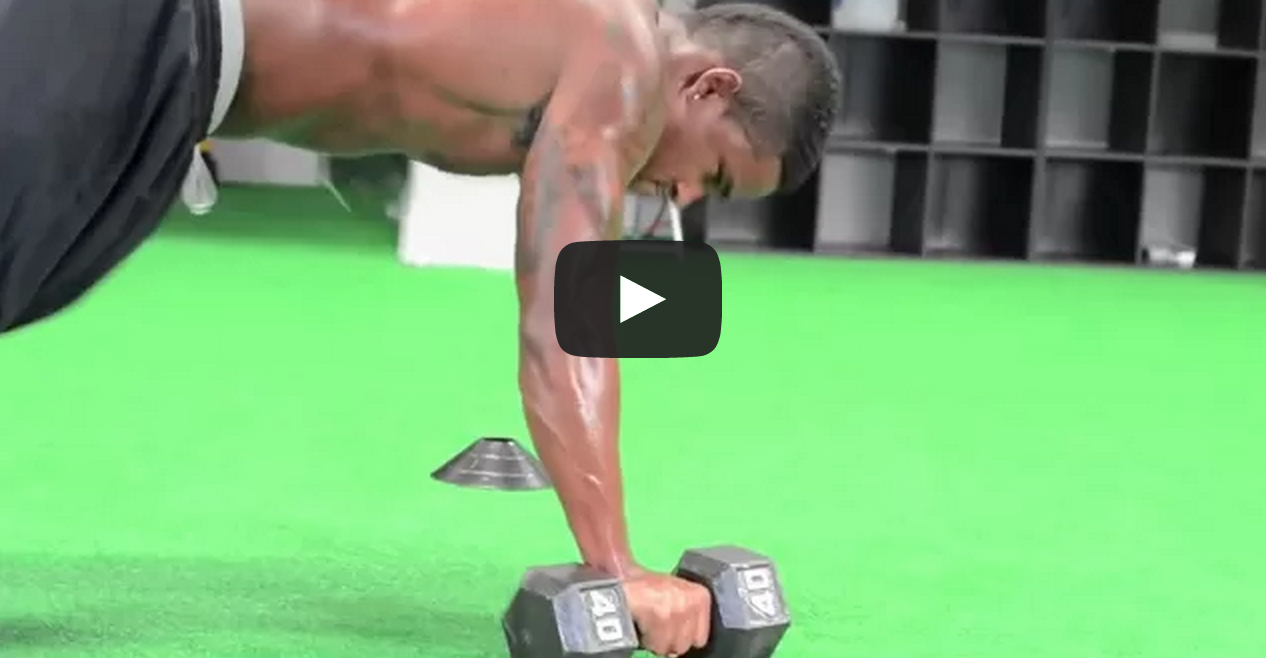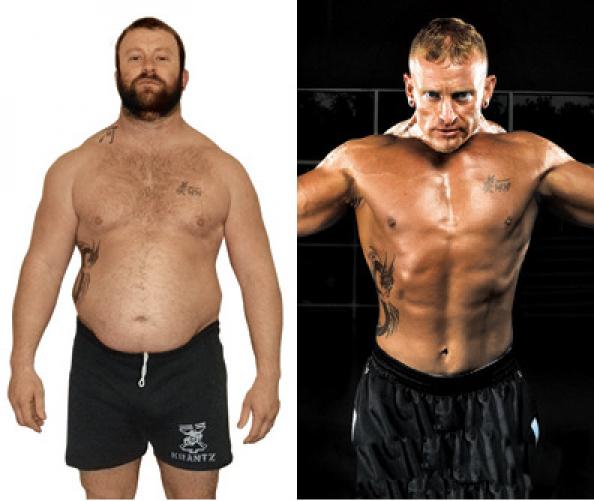More Articles
Motivation
How to Prevent Injuries When It Gets Cold
Winter is fast approaching, meaning we're soon going to be running, jogging and training in cold weather. Unless you prefer to be cooped up in the gym, you will find that your risk of injury is much higher in the winter.
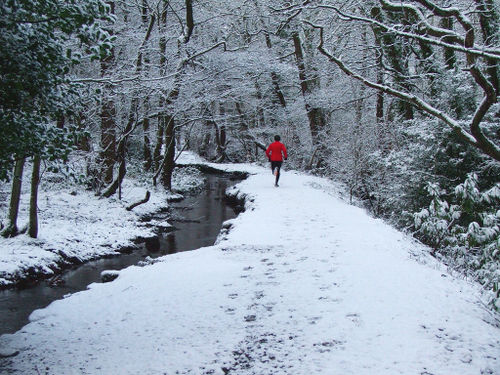
Cold-Related Injuries
How to Avoid/Prevent Injuries
Don't let injury stop you from getting in a solid workout every day! Here are some ways you can prevent injuries when it gets cold:
- Hypothermia -- Long-term exposure to cold can cause the body's core temperature to fall below 35 degrees Celsius, which can lead to shivering, drowsiness, coordination decline and possibly even unconsciousness.
- Blisters -- Improperly-sized shoes and socks can lead to blisters forming, and the addition of moisture (from snow, sleet or rain) increases the chance of blisters.
- Sunburn -- The sun beats down during the winter, but thanks to the chill you don't feel the heat. Sunburn is almost more common in winter than it is in summer!
- Snow blindness -- When the sun shines brightly off the white snow, it can burn the cornea in the eyes. This can lead to eye pain, watery eyes and even temporary blurring/blindness.
- Sprains/Strains -- Connective tissue (joints, tendons, ligaments) are less elastic in the cold, and thus are more likely to tear during exercise.
- Frostbite -- If the tissue of the skin freeze, the ice crystals stop the blood from circulating. The skin is deprived of oxygen and can die.
How to Avoid/Prevent Injuries
Don't let injury stop you from getting in a solid workout every day! Here are some ways you can prevent injuries when it gets cold:
- Bundle up -- Don't wear one bulky jacket, but use a number of layers to keep out the cold. Don't hesitate to wear long johns or spandex beneath your pants, and wear at least two or three layers on your chest.
- Ignore the heat -- If you are feeling hot after a workout, ignore the temptation to take off layers. If you expose your chest, you increase your risk of getting sick!
- Wear supports -- Protect your joints by wearing supports as needed. Your ankles, knees, shoulders, and elbows are all at risk, so protect them with the right wraps and supports.
- Warm up for longer -- Spend at least 15 minutes warming up if you're going to exercise in the cold. Even if you're going to work out in the gym, spend a few extra minutes warming up.
- Take it easier -- Don't push yourself as hard as you would in the summer. You're more likely to injure yourself in the cold, even if you're indoors. Work hard, but don't go all out!
- Go indoors -- Working out in a gym or salon is a good way to avoid the winter chill, so consider taking your workout indoors for the winter.
- Apply sunscreen -- Just because you can't feel the sun beating down on you, that doesn't mean the radiation won't burn your skin. Make sure to apply sunscreen when spending any amount of time in the sun.
- Drink up -- You're more likely to become dehydrated during the winter, so make sure to drink extra fluid when doing exercise.
- Avoid the wet -- Getting wet increases your risk of blisters, but it can also lead to hypothermia if you're not careful. Try to avoid rain and sleet, and stay as dry as possible when exercising.
- Have snacks handy -- Having something to eat will reduce your risk of dehydration and fatigue.
Src: fitday.com
Did you enjoy reading this article and recommend it to others? Thumbs Up now!  19
19
 19
19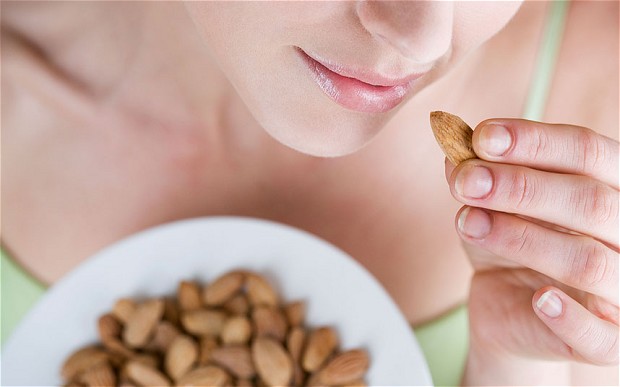
Best and Worst Nuts for Your Health
Nuts are packed with heart-healthy fats, protein, vitamins, and minerals. Still, some are healthier than others.
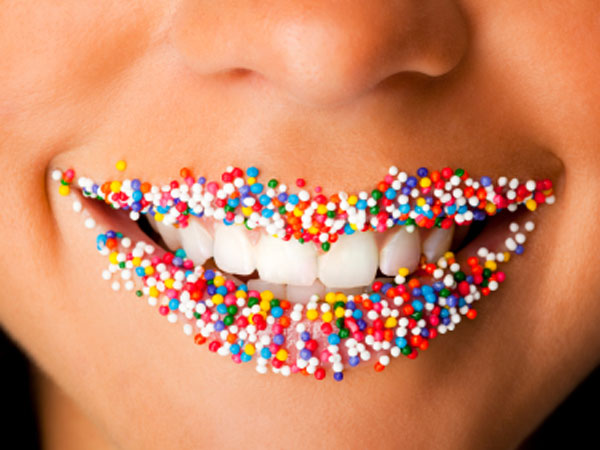
Controlling Sugar Cravings
Sugar cravings are a big reason for people to gain weight. Learn how to curb your sugar cravings.
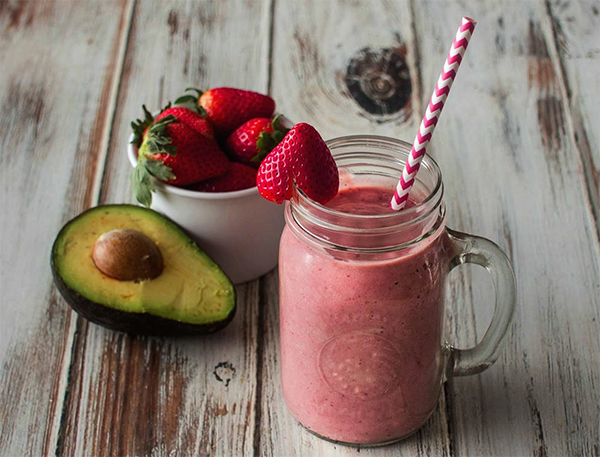
Strawberry Avocado Smoothie
A creamy smoothie that packs a punch in a delicious way!
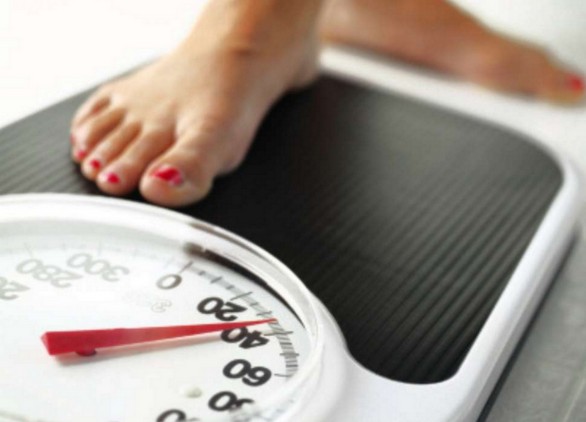
How to ditch the scale in 30 days
For so many of us who are trying to lose or manage our weight, the scale is our main tool for measuring our progress; unfortunately, we often allow it to measure our self-worth, too. Learn how to stop this obsession!
